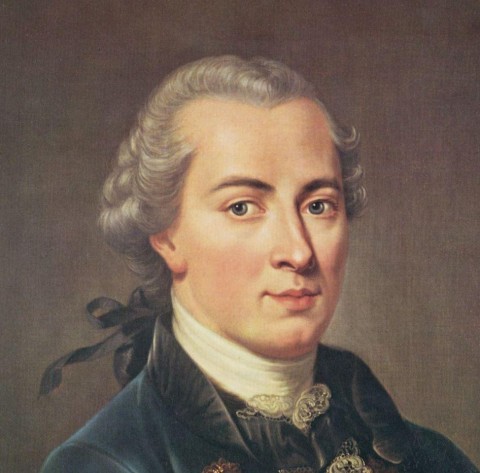


So, instead, we state that no one should lie, because we can then trust what people say. But reality says that then we could never trust anything that anyone said. Would you want everyone to be able to lie? If so, go ahead and lie. The maxim, then, was held to be true because one could test this. He held up, for example, the statement that one should never lie, in any circumstance. Categorical imperatives are principles that are good in and of themselves they must be obeyed by everyone in all situations and circumstances, with no exceptions, if our behavior is to observe the moral law. This approach to ethics is taken from the concept of duty. Kant is most commonly known for his mandate that there is a single moral obligation, which he called the “Categorical Imperative”. The important document which follows was published in 1785, and forms the basis of the moral system on which he erected the whole structure of belief in God, Freedom, and Immortality.” Of the enormous importance of Kant in the history of philosophy, no idea can be given here. After the close of his period of study at the university he became a private tutor then In 1755, privat-docent and in 1770, professor. He developed, however, a many-sided interest in learning, and his earlier publications were in the field of speculative physics. The family was pietist, and the future philosopher entered the university of his native city in 1740, with a view to studying theology. Introductory note from this translation: “Immanuel Kant was born in Konigsberg, East Prussia, April 22, 1724, the son of a saddler of Scottish descent.


 0 kommentar(er)
0 kommentar(er)
